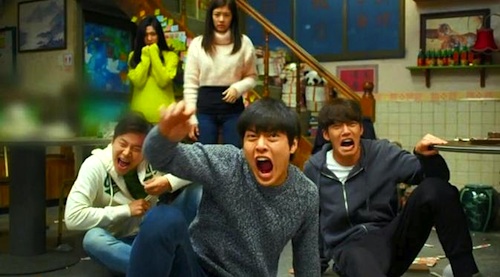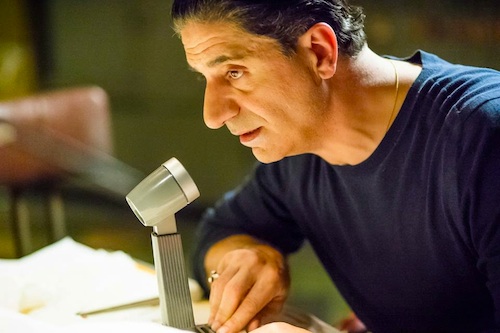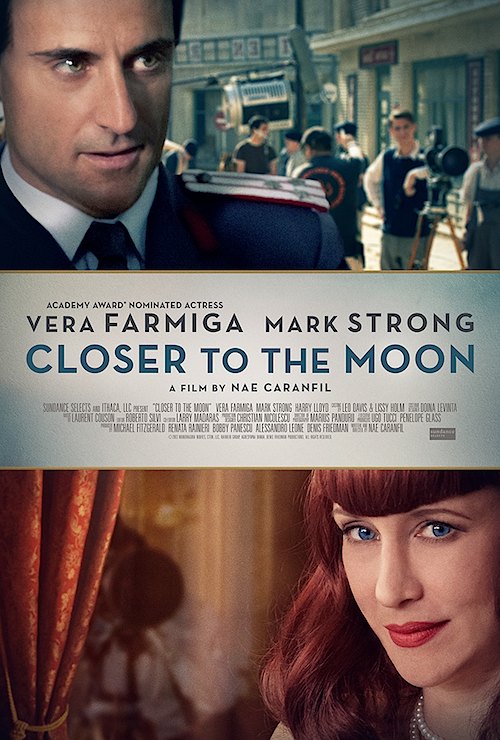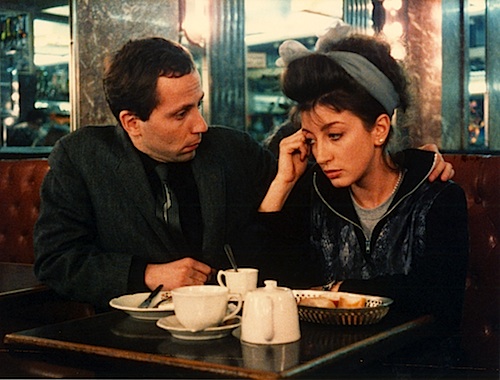By Joe Bendel. It is an uncertain age for guys in South Korea, typically coming after high school, but before their expected military service. It is particularly awkward for these three chums, because everything is. Somehow they will mature a little over the course of Lee Byeong-hun’s Twenty, which opens this Friday in New York.
They never had much in common beyond a general horniness, but that was enough for a fast friendship when Chi-ho, Dong-woo, and Gyeong-jae met John Hughes-style. After graduation, Chi-ho becomes a lay-about, only aspiring to seduce an older sugar-mommy. Dong-woo retakes senior year in hopes of scoring better university test scores the second time around. Although not an uncommon practice in the ROK, it is a luxury he can no longer afford when his family’s fortunes precipitously decline. A born plugger, Gyeong-jae enters university hoping it will be a stepping stone to a prestigious corporate gig.
These plans, such as they are, will be complicated by romantic entanglements. Chi-ho will taste some of his own medicine when he develops an ambiguously romantic relationship with Eun-hye, a starlet with more ambition than talent. At least it is a more reciprocal arrangement than Gyeong-jae’s torch-carrying for Jin-ju, an out-of-his-league senior in his campus investment club. Working several part-time jobs to support his family, Dong-woo is initially annoyed by the advances of Gyeong-jae’s sister So-hee, but the high school senior is persistent.
Frankly, it is all even more complicated than that, but screenwriter-director Lee rather dexterously juggles the many subplots and extensive cast of characters. He also nimbly walks a fine line, giving the lads serious enough issues so that there are real stakes involved, but never letting the film get so heavy it craters into melodramatic or after-school special terrain. Kang Hyeong-chul’s monster hit Sunny, which Lee co-wrote, is a somewhat apt comparative film in terms of tone, but he displays a much lighter touch for his directorial debut.

In contrast, the sizable ensemble is less consistent. Arguably, Kim Woo-bin shows the greatest range and charisma as the entitled Chi-ho, whereas both Lee Joon-ho and Kang Ha-neul are a bit too passive and sometimes even a little flat as Dong-woo and Gyeong-jae, respectively. Lee Yoo-bi and Jung So-min add some nice energy as little sister So-hee and Chi-ho’s neglected pseudo-girlfriend So-min, but some of the assorted love interests are cold and detached to a problematic extent. However, Oh Hyun-kyung completely subverts sentimental stereotypes and steals most of her scenes as Dong-woo’s brutally honest and direct mother.
You do not often see American studio films that so freely combine comedy and young anxiety. Again, maybe think of some of the films we assume John Hughes directed, but he really only wrote and produced, like Pretty in Pink and Some Kind of Wonderful. Twenty skews a little older and little sillier, but American teens would probably love it if they were bold enough to give it a try. It is surprisingly endearing, but not overly desperate to be loved. Recommended for fans of Korean rom-coms and coming-of-age films, Twenty opens tomorrow in New York, at the AMC Empire.
LFM GRADE: B
Posted on April 16th, 2015 at 10:02am.




